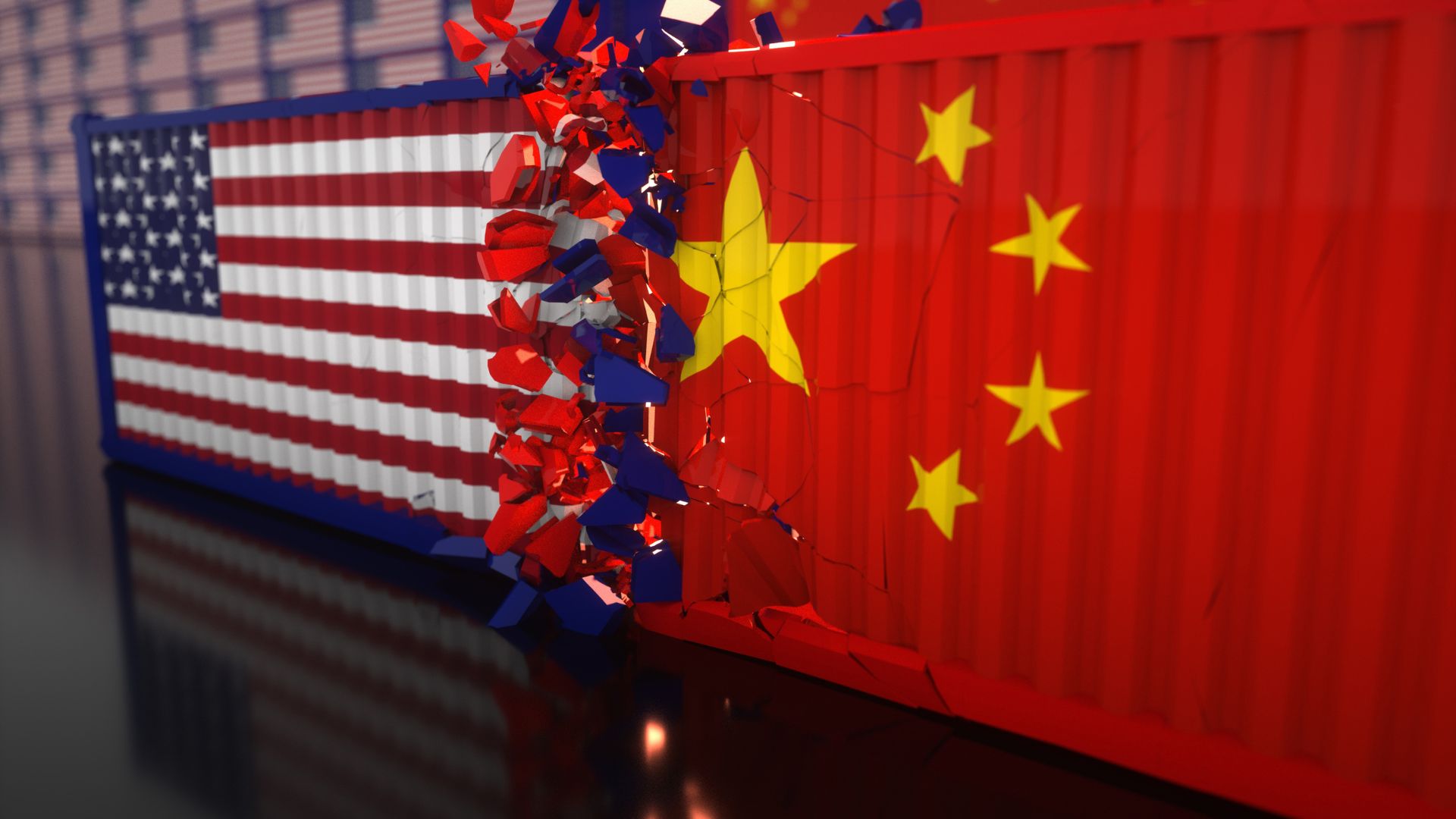The new economic war has begun as the US sanctions China chip export which could lead to another global supply chain. Is this really the right move for the US? What other tech leaders and analysts think about this. Let’s dive in!
The Chinese commerce ministry has announced that it has filed a dispute with the World Trade Organization regarding the United States’ restrictions on chip exports.
In a statement released on the 12th of December, the ministry claimed that these restrictions pose a threat to global supply chains.
In October, the United States implemented new export controls that are intended to limit China’s ability to purchase and manufacture high-end chips with military applications.These export controls complicate China’s efforts to advance its semiconductor industry and develop advanced military systems.
The United States has implemented export restrictions on certain chips used in supercomputing, as well as stricter requirements for the sale of semiconductor equipment. These measures are intended to limit China’s access to advanced technology.
In October, the US Commerce Department stated that the new export controls are intended to prevent sensitive technologies with military applications from being obtained by China’s military, intelligence, and security services.
These measures are aimed at safeguarding the United States’ technological advantage and national security.
The Chinese Ministry of Commerce has accused the United States of obstructing normal international trade in products such as chips, threatening the stability of the global industrial supply chain, violating international trade rules, and engaging in protectionist practices.
The ministry has stated that these actions by the United States have disrupted normal trade and negatively impacted the global economy.
According to a statement released by the Chinese Ministry of Commerce, the dispute filed with the World Trade Organization is intended to defend China’s legitimate rights and interests.
The ministry has called on the United States to abandon its zero-sum mentality and address the issue through constructive dialogue. Tech executives in Japan have expressed skepticism about the long-term effectiveness of the United States’ latest chip export controls on China, stating that these measures are unlikely to inhibit China’s progress in artificial intelligence and supercomputing.
This opinion calls into question the ability of the sanctions to effectively achieve their stated goals.
As the United States attempts to persuade the Netherlands and Japan, both major players in the global chipmaking industry, to enter into a trilateral agreement that would impose additional restrictions on China’s access to chipmaking tools.
The two tech executives, Hiroaki Kitano from Sony and Takayuki Morita from NEC have voiced their concerns about the potential effectiveness of these measures.
These warnings come amid ongoing efforts by the US to curb China’s technological advancement.
According to an interview with the Financial Times, executives from Sony and NEC anticipate that the US-led sanctions on China’s access to semiconductors will only have a temporary impact,
and it is entirely possible that China’s global presence in artificial intelligence will continue to grow despite these measures.
These executives have expressed doubt about the long-term effectiveness of the sanctions in curtailing China’s technological progress.
Some analysts also believe that the latest export controls implemented by the United States may accelerate China’s efforts to expand its domestic chip industry, which is part of the Chinese Communist Party’s Made in China 2025 plan to become a global leader in artificial intelligence and quantum computing.
These measures may incentivize China to prioritize the development of its own advanced technology in response to the restrictions imposed by the US.
The United States and China have a long history of tensions and conflicts over a range of issues including technology, trade, Hong Kong, Taiwan, and human rights.
These disputes have contributed to the ongoing geopolitical rivalry between the two superpowers.
Prior to the implementation of the latest chip export controls, the Pentagon added 13 additional Chinese companies, including drone manufacturer DJI and surveillance firm Zhejiang Dahua Technology, to its blacklist of military-linked entities.
These measures are part of the United States’ ongoing efforts to counter China’s military and technological advancement.
The US employees as well as support personnel of American chip equipment makers and other suppliers.
Including Applied Materials and Lam Research had to leave Chinese semiconductor companies such as Yangtze Memory Technology soon after Washington imposed its export curbs, which prevents US citizens and green card holders from aiding China’s semiconductor industry.







